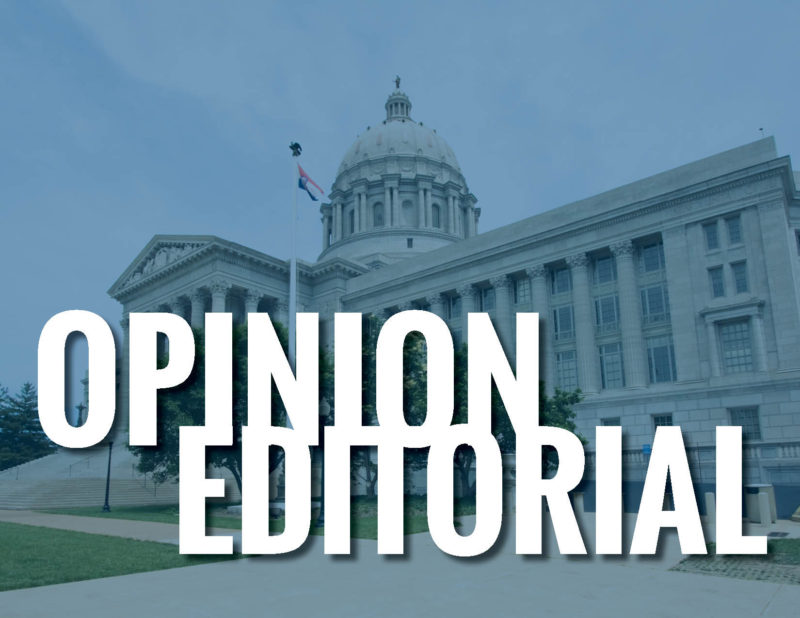Missouri legislators will soon face a critical choice, the consequences of which could be felt for a generation to come. While legislators returning to Jefferson City plan to debate the state’s budget for the fiscal year beginning July 1, critical information about both revenue projections and federal fiscal relief to states is lacking. By waiting until June to pass the state’s spending plan, lawmakers can avoid potentially unnecessary, painful decisions that could make the recession longer and more devastating. Laying off workers, making cuts to education, health care, and other important services before we have the full picture is a dangerous path forward.

While the coming months may bring economic ups and downs, it’s too early to project state revenue for the fiscal year with any confidence — that’s why, at this time, the Governor and the legislature haven’t been able to agree on a consensus revenue estimate on which to base their new spending plan.
Meanwhile, President Trump and Congressional leaders have indicated that additional state fiscal relief will be considered in another federal coronavirus relief package soon — and that this relief will come with the flexibility to use it in place of lost revenue. This type of aid is critical and has been provided many times before. Missouri received more than $3.6 billion in fiscal relief from the federal government during the last recession. In 2010 and 2011, federal aid added more than $1.5 billion and $1.2 billion respectively to Missouri’s state budget. This type of critical aid can help keep teachers in the classroom, make sure kids are insured, and uphold our safety net when Missourians are most struggling.
It is expected that a federal package will be considered by May or early June. Waiting until June to approve the state’s budget would bring greater certainty, both by allowing additional federal resources to be considered and improving state projections.
Instead of spending cuts that will further dampen the economy and hurt families, state policymakers should engage with their federal counterparts to ensure a robust package of flexible state fiscal relief that continues until the economy fully recovers. Then, when we have a clearer picture of the resources available to the state, lawmakers should return to Jefferson City to craft a state budget that reflects our current reality.
EDITOR’S NOTE: For up-to-date information on coronavirus, check with the CDC and DHSS.

Amy Blouin is the president & CEO of the Missouri Budget Project.








